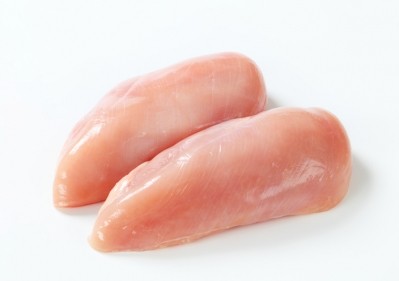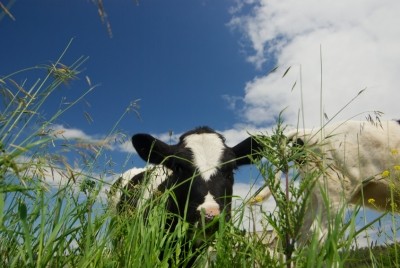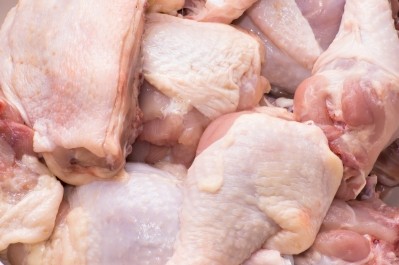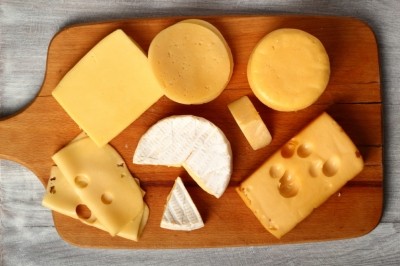Food safety ‘highest priority’ in post-Brexit trade deals
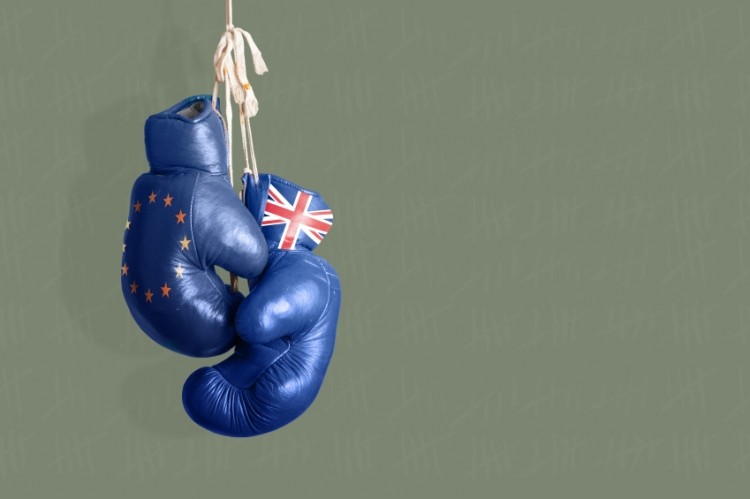
As the UK negotiates its departure from the EU, government ministers have stressed the importance of opening up other markets around the world.
In a joint article that appeared in the Sunday Telegraph this weekend, Chancellor Phillip Hammond and International Trade Secretary Dr Liam Fox united around the previously contested issue of whether Britain should immediately leave the customs union.
Britain needs to leave the customs union – which sees European member states charging the same import duties as each other allowing free trade between themselves – if it is to implement bilateral trade agreements with non-EU countries. The Conservative ministers said yesterday that the UK will operate outside the customs union during any transitional period after formal withdrawal from the EU in 2019.
The news seemingly brings to an end a period of cabinet in-fighting over the issue. Hammond, the leading Conservative voice advocating a so-called ‘soft’ Brexit, argued that continued membership during the planned transition period should be used to soften the economic shock that will be caused by Brexit. Meanwhile, Dr Fox and pro-Brexit factions within the Conservative Party argued that the formation of new trading relationships should be the priority.
The statement signifies the importance London places on opening up new markets for UK exports after the country losses existing access arrangements with the EU, its largest trading partner.
Anxiety over dairy, meat quality
Alongside the evident need to ensure UK industry has access to export markets, concern has been mounting that free-trade with non-EU countries could open up the UK to products manufactured under less stringent safety and animal welfare regulations.
In July, the House of Lords published a report cautioning that the standards adopted by UK producers could be put under pressure by demands from other countries to allow an influx of cheap and lower-standard food.
The warning came while Dr Fox was on an official trip to Washington. At the same time, a row blew up over the prospect that the UK could allow the sale of chlorine-washed chicken as part of a possible trade pact with the US.
The chlorine-washing process, widely used in the US poultry sector, has meant that US poultry has been banned from sale in the EU since 1997.
Dairy standards have also been placed in the spotlight, with commentators noting that the US allows higher levels of aflatoxins in products than currently permitted under European regulations.
US regulations permit 0.5 micrograms per kg of aflatoxins in milk, versus the 0.05 micrograms per kg allowed in Europe. Consumption of aflatoxins has been linked to increased risk of liver cancer.
Dr Judith Bryans, chief executive of Dairy UK, said that if trade negotiations weakened food safety regulations she believes there would be a “backlash from the consumer”.
“Food safety and quality standards in the UK are very high and the UK consumer has the right to expect that imported food meets the same high standards that currently exit in this country,” she told FoodNavigator.
She also said that dual standards for imported and domestically produced dairy goods could disadvantage the UK dairy sector. “It would be unhelpful to our domestic dairy market to have imported product working to different standards than those we adhere to here. We believe the government should work to ensure that any potential trade deal does not disadvantage our dairy farmers or processors or lower standards,” she insisted.
Government insists safety is front-and-centre
A spokesperson for Dr Fox’s department downplayed alarm that fast-tracked trade agreements could potentially mean less safe products reaching UK consumers or UK manufacturers being forced to compete on an uneven playing field against international competitors, who can produce goods more cheaply due to lower regulatory requirements.
The spokesperson for the UK government’s Department of International Trade told FoodNavigator safety considerations will be central to any future trade deals. “Maintaining safety and public confidence in the food we eat is of the highest priority and any future trade deal must work for UK farmers, businesses and consumers."
The government representative stressed that any future trade arrangement would require products entering the UK to be compliant with existing UK food safety and production standards. “Any new products wishing to enter the UK market must comply with our rigorous legislation and standards – we will not compromise on animal welfare and food safety,” the spokesperson concluded.
